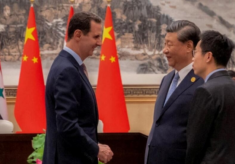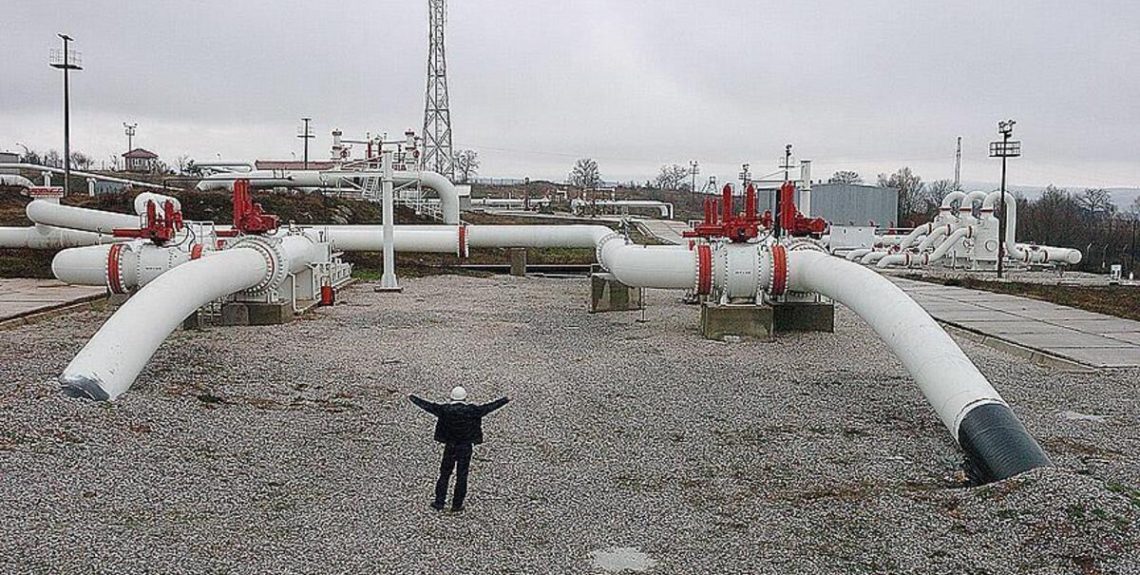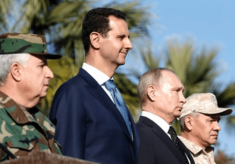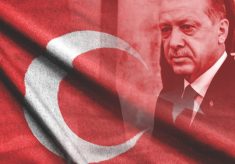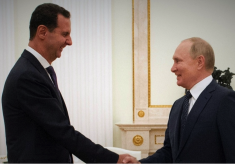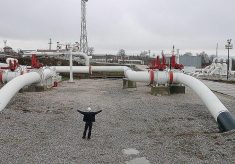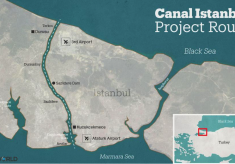Ahead of the 11th December European Council meeting in Brussels where European leaders will discuss the situation in the Eastern Mediterranean and the relationship with Turkey, Ankara announced the extension of seismic survey work in disputed areas of the Eastern Mediterranean until the 29th of November. In the meantime, Turkey-antagonistic stakeholders too are organizing their forces. Lastly, Egypt and France carried out joint naval drills in the Mediterranean on 17th November. The developments indicate that, after the 11th December meeting of the EU Council, the positions may even harden should the EU condemn Turkey.
Simultaneously, though receiving less attention, Ankara is increasing its efforts in the search for energy resources in the Black Sea. On the 13th of November, the drillship Kanuni set sail en route to the Black Sea to start drilling in early 2021 in the Sakarya Gas Field. In the same gas field, the Turkish Petroleum Corporation’s (TPAO) drillship Fatih discovered 320 billion cubic metres of gas (bcm) within the western part of Turkey’s Exclusive Economic Zone (EEZ) in late August. According to experts, the 320 bcm gross reserve of natural gas estimated in the Tuna-1 well could substantially minimize Turkey’s import volumes and costs.
As explained by former Minister of Energy and Natural Resources Berat Albayrak in April 2017, Ankara’s strategic energy security vision is based on three pillars: security of supply, fulfilment of demand and predictable markets. Hence, Ankara’s goal is not to become an energy hub for energy supply but a trade centre.
On the 11th of November, Russian Gazprom Export LLC concluded its first ever deal via its Electronic Sales Platform (ESP) for the sale of spot gas with delivery to Turkey’s Malkoçlar point at the Turkish-Bulgarian border in December 2020. According to Turkey’s Energy Market Regulatory Authority (EPDK) chairperson Mustafa Yılmaz, together with the developments in the trading of spot gas, Ankara’s exploration of natural gas in the Black Sea could strengthen Turkeys position in the renegotiation of short-term contracts and Turkey’s strategic goal of entering a natural gas market transition [“Russia concludes 1st deal for spot gas sales to Turkish market via electronic platform”, Daily Sabah, November 17, 2020].
Translating this to Ankara’s strategic foreign policy ambitions, Turkey’s ambitions go far beyond becoming a regional power, as Prof Michaël Tanchum puts it, but to become an interregional power [Tanchum, Michaël (2020): “The Logic Beyond Lausanne: A Geopolitical Perspective on the Congruence between Turkey’s New Hard Power and its Strategic Reorientation”, in Insight Turkey, Vol. 22, Nr. 3, pp. 41-54].
This would be done by resuming the Ottoman foreign policy of interregional connectivity that was abandoned by the Turkish Republic in the aftermath of the 1923 Treaty of Lausanne. At the time, the foreign policy scope of the young and traumatized Turkish nation state was defined by the imperative of preserving territorial integrity. While this inward-looking foreign policy became the tenet of Kemalist Turkey, the political Islamist camp always belittled the former for the absence of a broader geopolitical vision that sought to shape global politics, though in line with the Western-set global order.
Within this ideological contextualization the so called “Blue Homeland Doctrine” is a layer but not the main driver of Turkish assertiveness in the Eastern Mediterranean and the Black Sea, as frequently claimed. Seen from a geopolitical perspective, becoming a key interregional player in energy security is an increasingly important instrument of Turkish power in foreign policy. Within this power gamble, the Black Sea is emerging as the significant arena of competition with Russia as Turkey’s major competitor.
